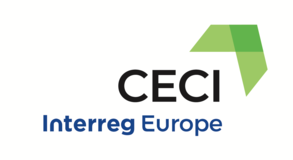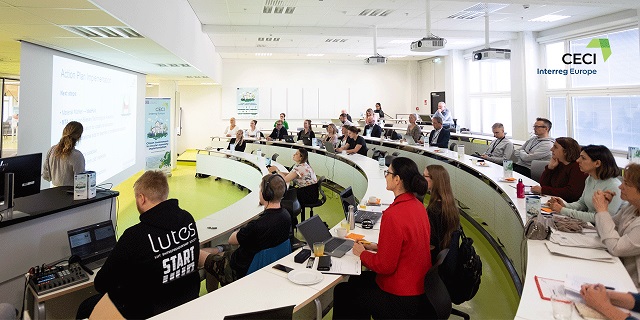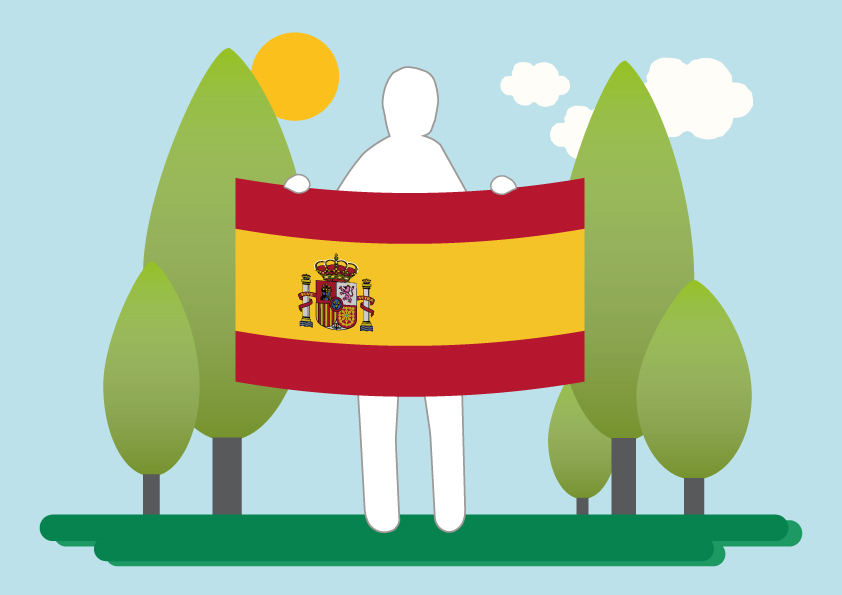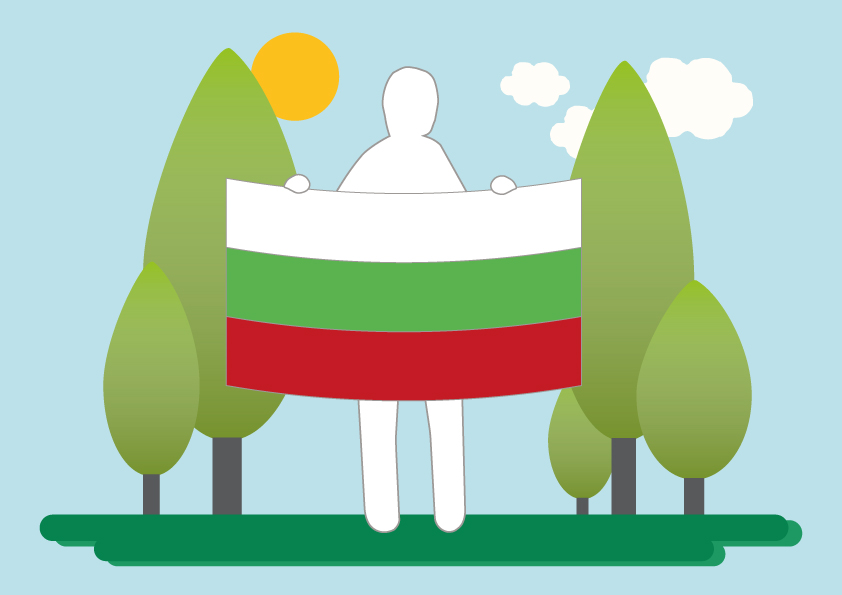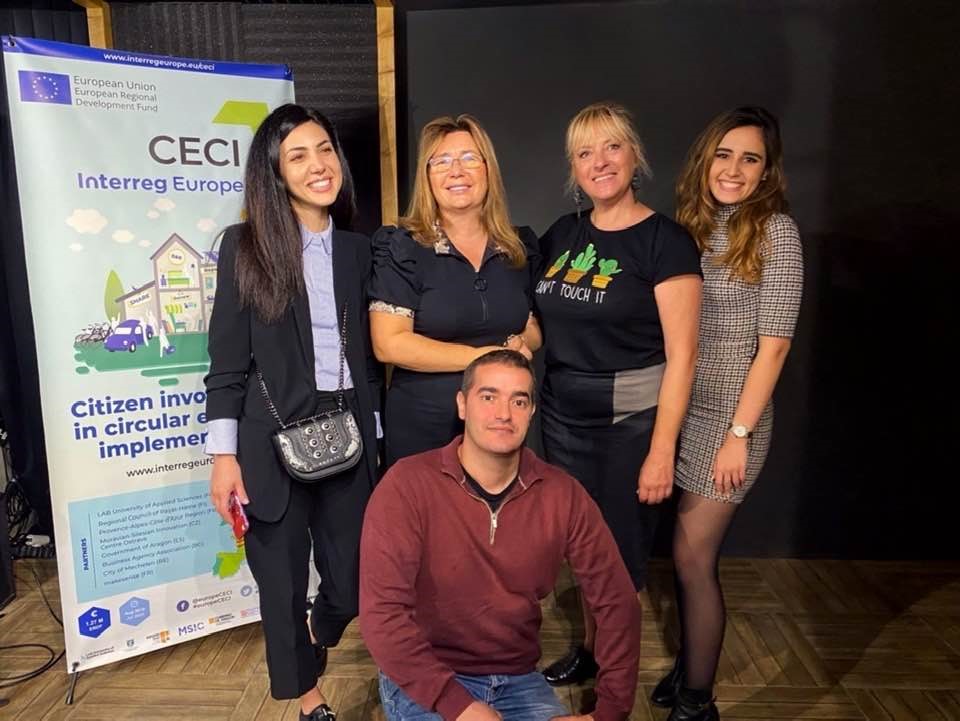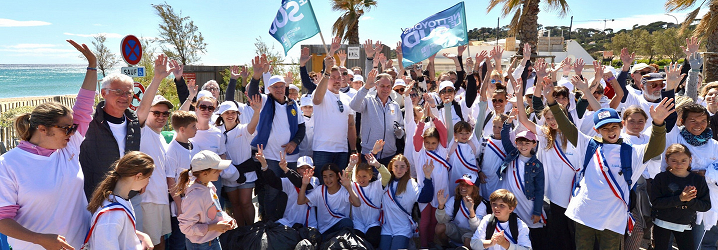CECI good practice is involving citizens in beekeeping
The number of bees has fallen alarmingly in recent years. Municipal housing company Lahden Talot is renting beehives on Timonkatu, thus saving bees, supporting local biodiversity and involving citizens in circular economy practices in a new urban experiment.
Author CECI lead partner LAB University of Applied Sciences, 5.5.2021 in LAB Open. Read full article here.
Contributing to sharing economy with the help of small-scale companies like Suomen Lähiluomu makes it possible for citizens to help bees and contribute to the well being of local and global ecosystems by adding beehives, insect hotels, leaving the lawn unmoved and by planting bee-friendly flowers to the backyards or balcony. Circular economy and well being are themes of the Lahti Green Capital 2021, promoting and showcasing great private and public sustainable initiatives happening in Lahti.
On May 11.2020, Lahden Talot rented the first beehive through Suomen Lähiluomu company on Timonkatu at the initiative and request of the residents’ association. Furthermore, Lahden Talot left the lawns unmoved nearby the nest to promote the spread of bee-friendly plants and flowers that attract bees and improve pollination while bringing joy to residents while promoting the general welfare of insects and ecosystems. The beehive is protected by possible vandalism light cage installed around the beehive to prevent vandalism. Kamran Fakhimzadeh from Suomen Lähiluomu, who calls himself the bee doctor, visits and takes care of the nest a couple of times a week.
Born in Iran, Kamran Fakhimzadeh is one of Finland’s leading beekeeping experts. Fakhimzadeh, who defended his P.hd dissertation on bee diseases from the University of Helsinki in 2001. Kamran Fakhimzadeh’s company Suomen Lähiluomu oy rents sharing economy beehives to citizens, companies, or apartment buildings complexes in Päijät-Häme, Finland. In addition to Lahti, there are beehives in Asikkala, Hollola, Orimattila and Iitti. There are nests in the city of Lahti, for example, on the roof of the travel center and the hotel Seurahuone. The goal of the beehive rental business is to increase people’s awareness of bees and promote the environment and sustainable living. Citizens should know what the difference is between a wasp and a bee. If the bees disappear, we will starve to death. Even for a small jar of honey, the bees visit millions of flowers to get nectar. Bees can be helped by citizens contributing to circular economy practices by renting beehives or by planting bee-friendly flowers in their yard.

Saving bees and involving citizens in environmentally responsible activities. Lahden Talot planned events where residents got to learn more from bees and beekeeping. Fakhimzadeh taught residents about the importance of pollination. Every other week the bees were available at Timonkatu and the cage was open for the public, children and residents waited in line approximately 5 meters from the bees, eager to see the bees up-close and learn from the ”bee doctor” valuable information about the ecosystems that bees are in charge of. Children were regular visitors showing lots of interest in the beehive. Nobody got stung during the experiment (May-September 2020).
The communal beehive sharing experiment went so well that in May 2021, Lahden Talot increased beehives with one more colony in Timonkatu 5 and 4 more beehives in 3 other locations around Lahti in their Lahden Talot municipal housing complex. They will make a similar metal cage for no vandalism to occur to the bees. The practice promotes a modern way of municipal housing taking responsibility for local landscaping and contributing to healthier biodiversity in the city.
The Interreg Europe funded project CECI, (Citizen Involvement in Circular Economy Implementation), shares information, experiences, and good practices of citizen participation in a circular economy (Interreg Europe 2020a). The project is led by LAB University of Applied Sciences. Saving bees in Lahti as a beehive rental service practice is one of the CECI good practices (Interreg Europe 2020b). Circular economy practices from all over Europe including good practices from the CECI project are visible and accessible on the Interreg Europe supported Policy Learning Platform.
